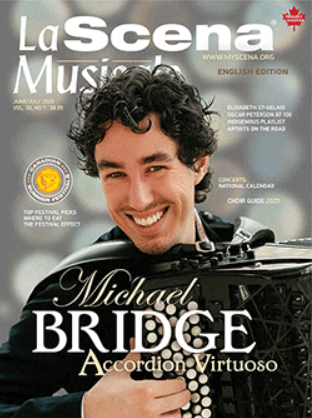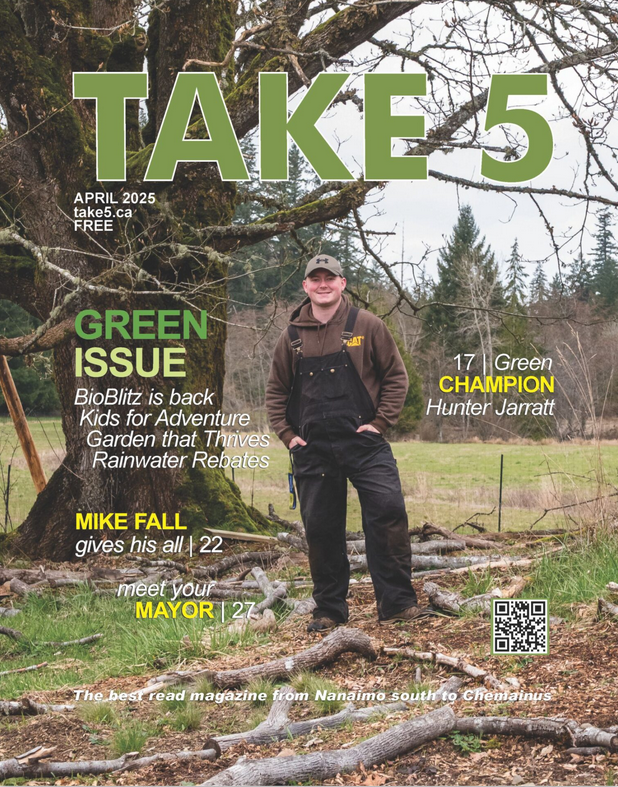Health from the Viking Age and Onwards
By Terje Oestigaard for Culturally Modified, Dec. 21, 2020, Issue 9

Before the existence of germ theory and the discovery of viruses, people in the past found different explanations to understand death and disease. In Scandinavia, from prehistory to the Viking Age, around 800-1000 AD, and beyond, when the body was under attack it was believed that malignant spirits, often those of ancestors, caused the sickness and suffering. If the ailments were familiar, it was because the deceased relatives had been family members, friends or neighbours. Illness was thought to be a spiritual attack.
It’s easy to see how sickness could be conceptualized this way: if a person goes from being healthy and strong one day, to suffering from extreme pains the next, it would make sense to blame the supernatural in the absence of insights about microbes. In addition, symptoms like fever come in waves, and every illness is highly individual in duration, experience and consequences, which can point to specific attacks from someone’s particular ancestors. Within this framework, it’s not just the brain and body that may come under attack, but also animals, harvests and the fertility of fields. So what could explain these spiritual attacks?
The concept of sickness-causing spiritual attacks can be found in many agricultural and pre-industrial religions, and has even co-existed in tandem with modern medicines in some cases. In Scandinavia, beliefs about the soul have endured well into the 20th century. Here, death and the dead took very direct and explicit roles in curing and healing the sick. The ancestors were considered active and alive, and there were innumerable observations from weather phenomena to actual encounters with the dead. While witches in Christianity were considered solely evil because of their pacts with the devil, ancestors in this Scandinavian cosmology were both good and bad at the same time. They were a tremendous resource of wealth and protection if their benevolent powers could be harvested, but if they were mistreated and offended, their malevolent forces could wreak havoc in society.














